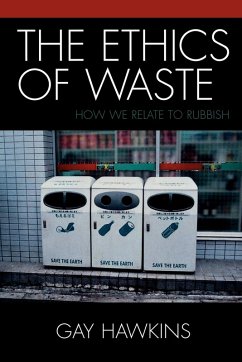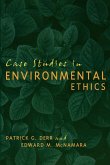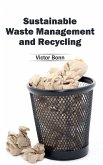Gay Hawkins explores the ethical significance of waste in everyday life_from the broadest conceptions of waste and loss to how the environmental movement has affected the ways we think about garbage. Do we feel virtuous for reusing plastic bags and disdain those who don't? At what point does personal waste become public responsibility? How does this 'public conscience' affect policy? Placing these ideas into historical, social, and cultural perspective, this thoughtful book seeks ways to change ecologically destructive practices without recourse to guilt, moralism, or despair.
Those who read this welcome addition to the field will be treated to a book that is well written, often clever, and surprisingly insightful. -- Grant J. Rich PsycCRITIQUES A broad-ranging and highly readable book. The Geographical Journal Hawkins explores the intersections of habits, bodies, ethics, and waste matter, toggling her discourse between acknowledging the material reality of various wastes and the views derived from cultural theory. Presents alternative approaches to waste in today's world. CHOICE This book is incredibly stimulating and is carried very lightly by Hawkins' accessible and engaging writing. The Ethics of Waste is essential reading for anybody interested in contemporary approaches to waste but it is also an important addition to the sociological literature on consumption, practice and environment. Sociology









